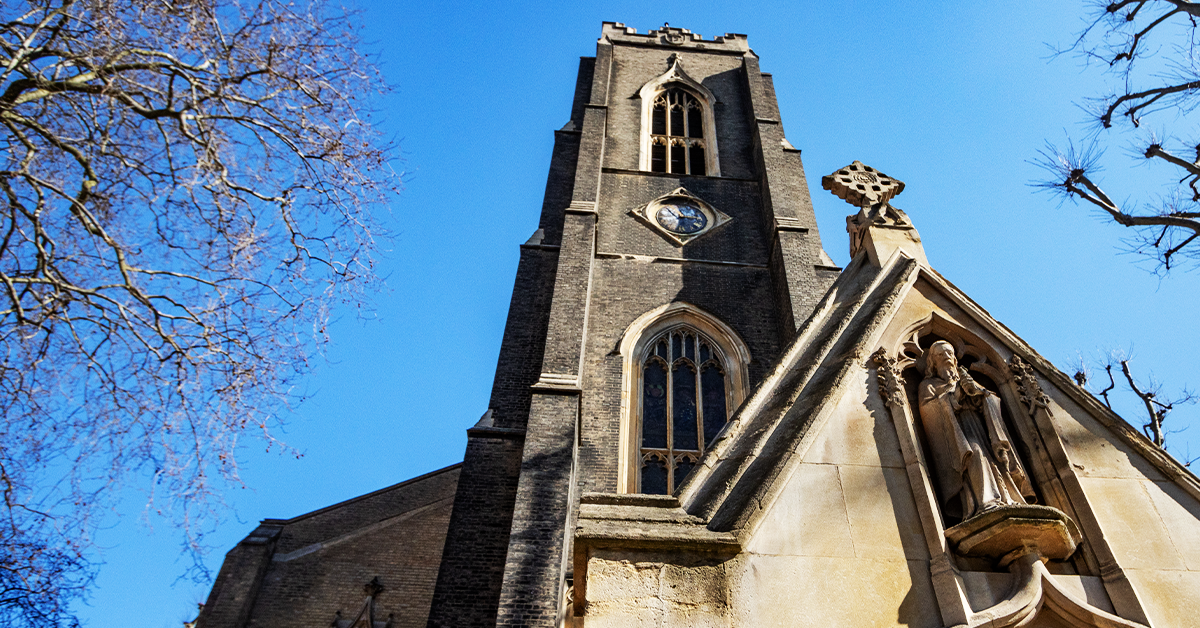
The National Churches Trust has said that at least £50 million per year is required from the public purse to keep churches open. Arguing that many churches are buildings with heritage value, it says that these costs should be met by public money.
It is true that some churches have historical significance – some are beautiful structures that have existed for many centuries, often containing impressive art. Many other secular properties, such as Ham House, an excellent example of Stuart architecture on the bank of the Thames, also have an impressive interior and extensive artwork and have enormous historical significance.
But there is a key difference between buildings such as Ham House and the churches mentioned in the Trust’s report. Ham House is managed by the National Trust, which does not receive any specific regular funding from the Government, yet is able to manage over 250,000 hectares of farmland, over 780 miles of coastline, and 500 historic properties, gardens, and nature reserves. The only funding that it may receive is through the Government’s competitive grant schemes. The National Trust for 2023 reported just over £1.5 billion in assets, by no means an insignificant amount, but somewhat paltry compared to the Church of England’s £10.3 billion investment fund.
The Church of England received £750m in public money from 2015-2020
The Church of England has already received significant amounts of public money: £750 million from 2015-2020. Despite its apparent pressing need to renovate churches, during 2017-2020, it spent £248 million on its ‘reform and renewal’ programme to attract new worshippers. This included £4.6 million on a brand new church in Bradford with a gym and cafe.
The report also calls for the NHS to ‘Make more use of churches and church halls to host public and community services, helping to upgrade facilities where needed.’ Religious buildings can very rarely be made inclusive and welcoming enough for a secular institution providing healthcare for all, but even if they could, we should not see our public healthcare system as a means of subsidising the upkeep and ‘upgrading’ of church-owned property rather than publicly owned buildings or community assets.
An enormously wealthy institution
The question of whether we should fund the repair of these churches is not a question of whether these buildings are historically significant or not. It’s whether an incredibly wealthy institution – with 26 unelected representatives in Parliament who are able to lobby on its behalf – should be given more public money to restore its assets because it would rather spend its own money elsewhere. At a time when local authorities are declaring bankruptcy, schools are collapsing due to unsafe concrete, and the public funding crisis in the NHS, our money would be much better spent elsewhere, and where it is spent it should be on assets we all own rather than the assets of a religious organisation with which 80% of us have no affiliation.
Notes
For further comment or information, media should contact Humanists UK Director of Public Affairs and Policy Kathy Riddick at press@humanists.uk.
Read more about our work on bishops in the House of Lords.
Humanists UK is the national charity working on behalf of non-religious people. Powered by 120,000 members and supporters, we advance free thinking and promote humanism to create a tolerant society where rational thinking and kindness prevail. We provide ceremonies, pastoral care, education, and support services benefitting over a million people every year and our campaigns advance humanist thinking on ethical issues, human rights, and equal treatment for all.
